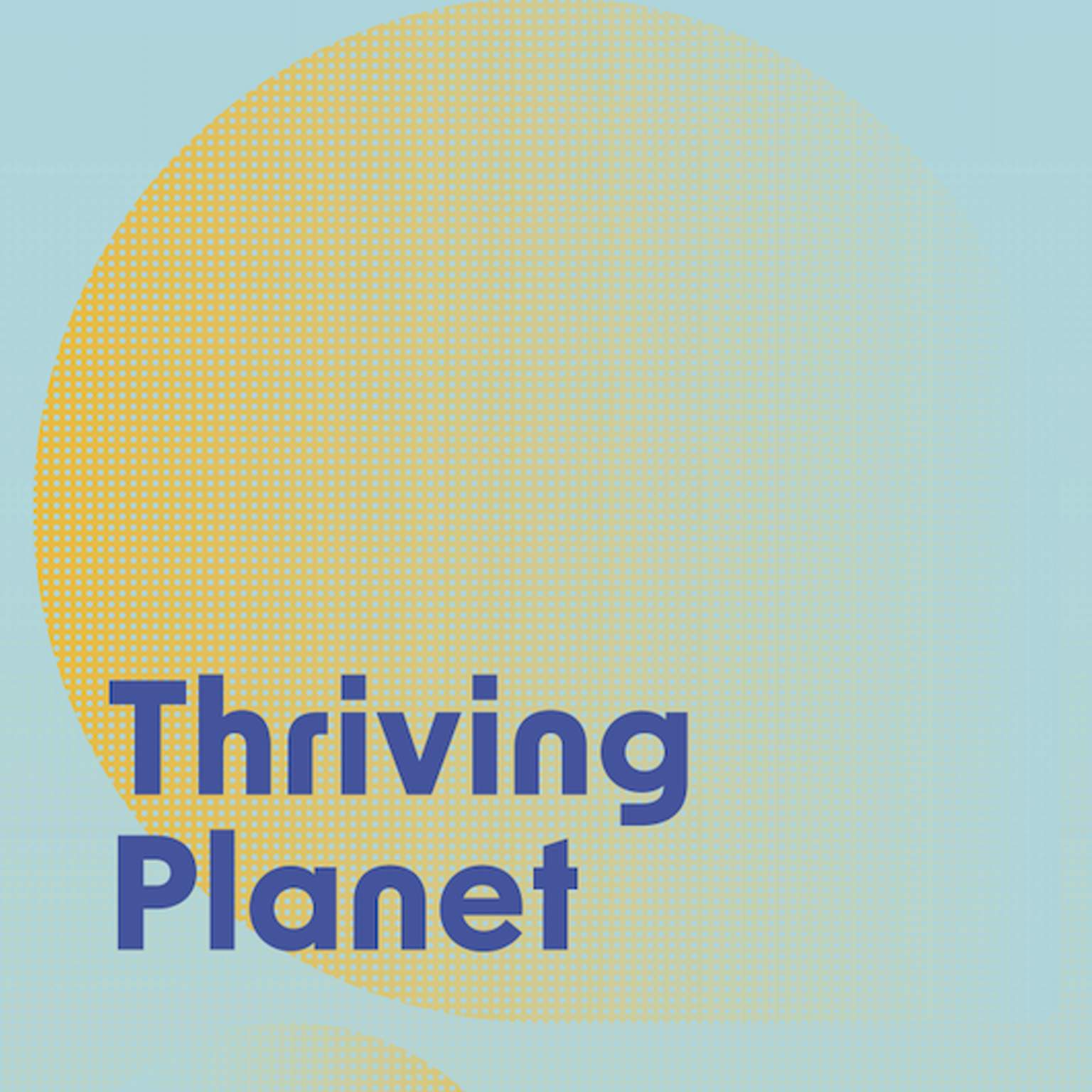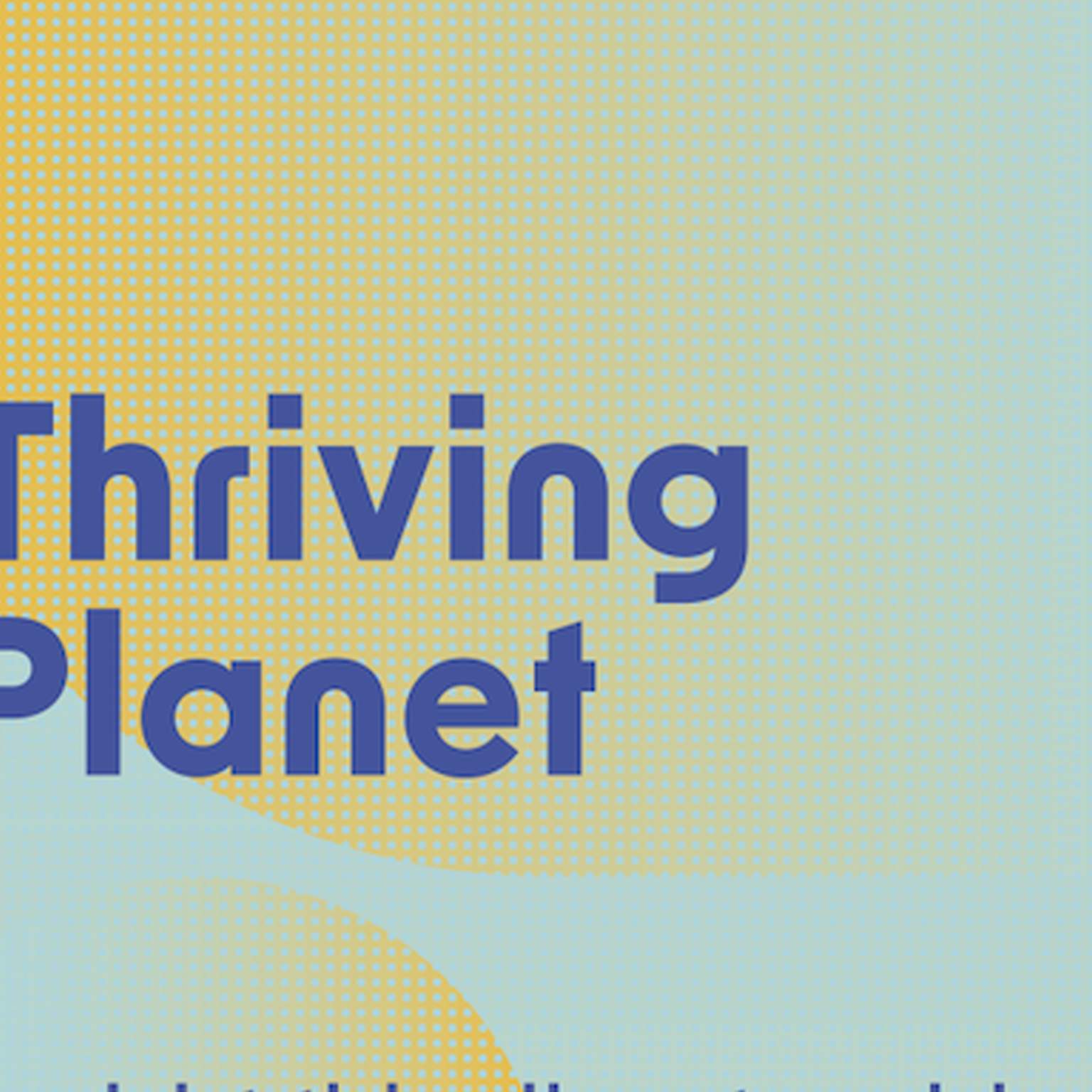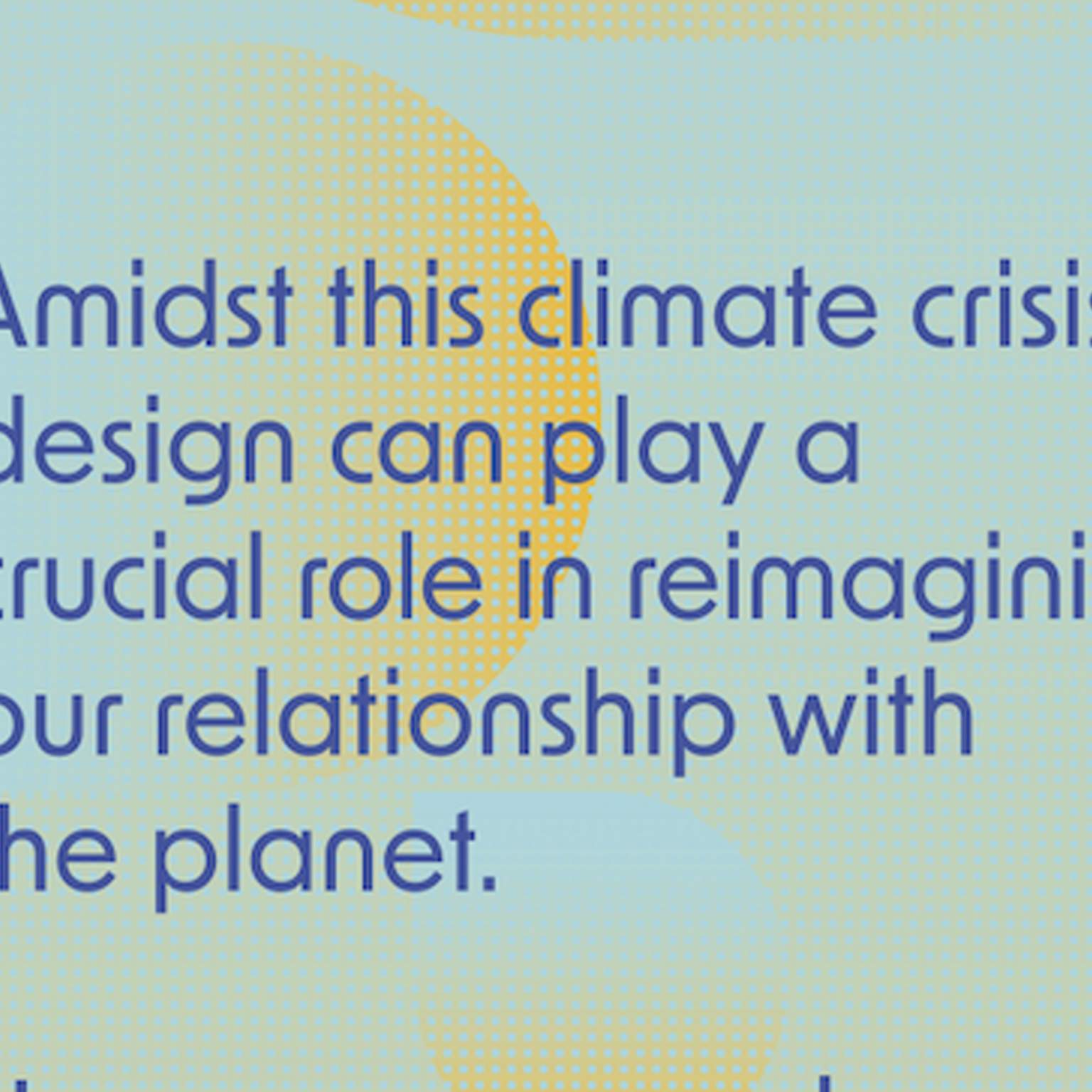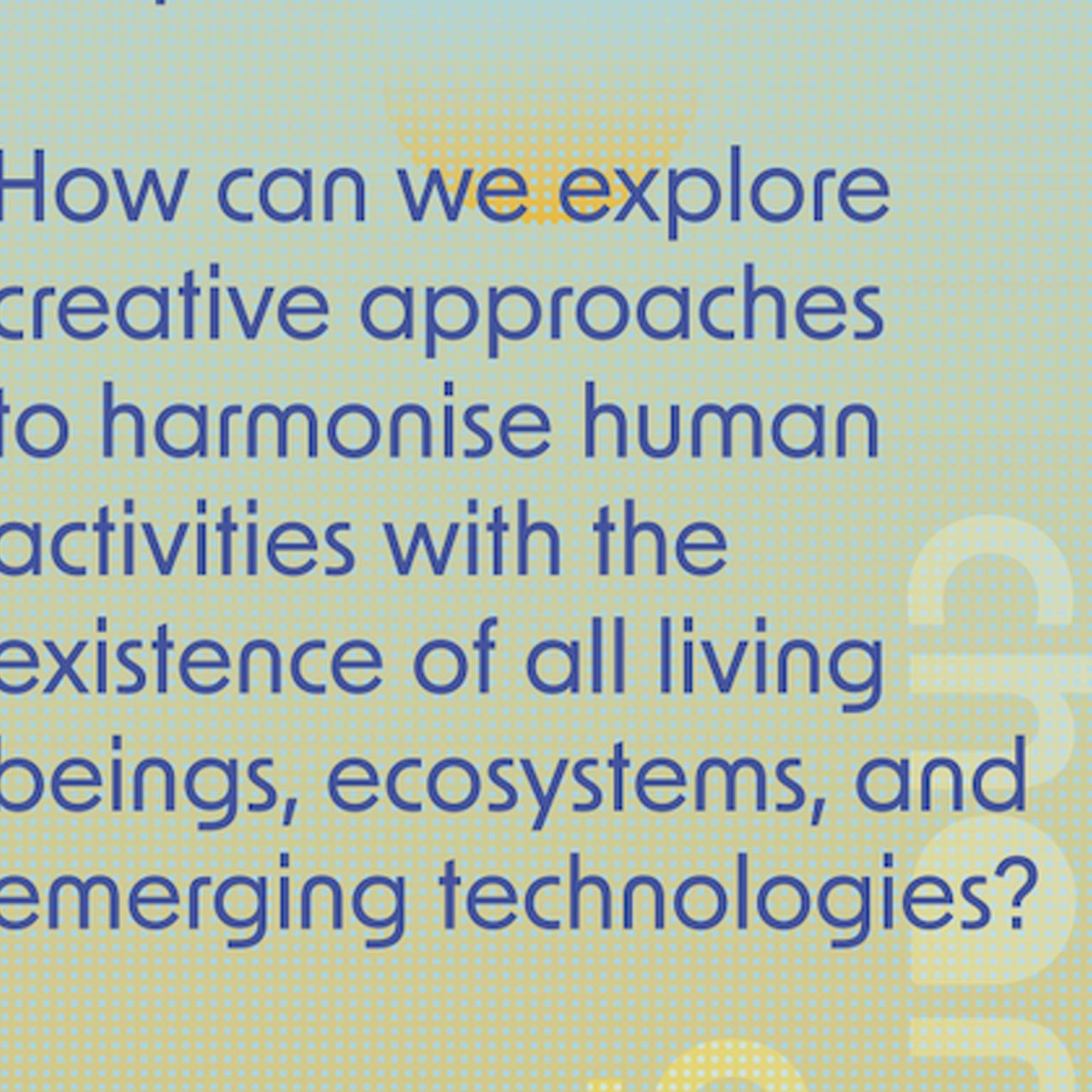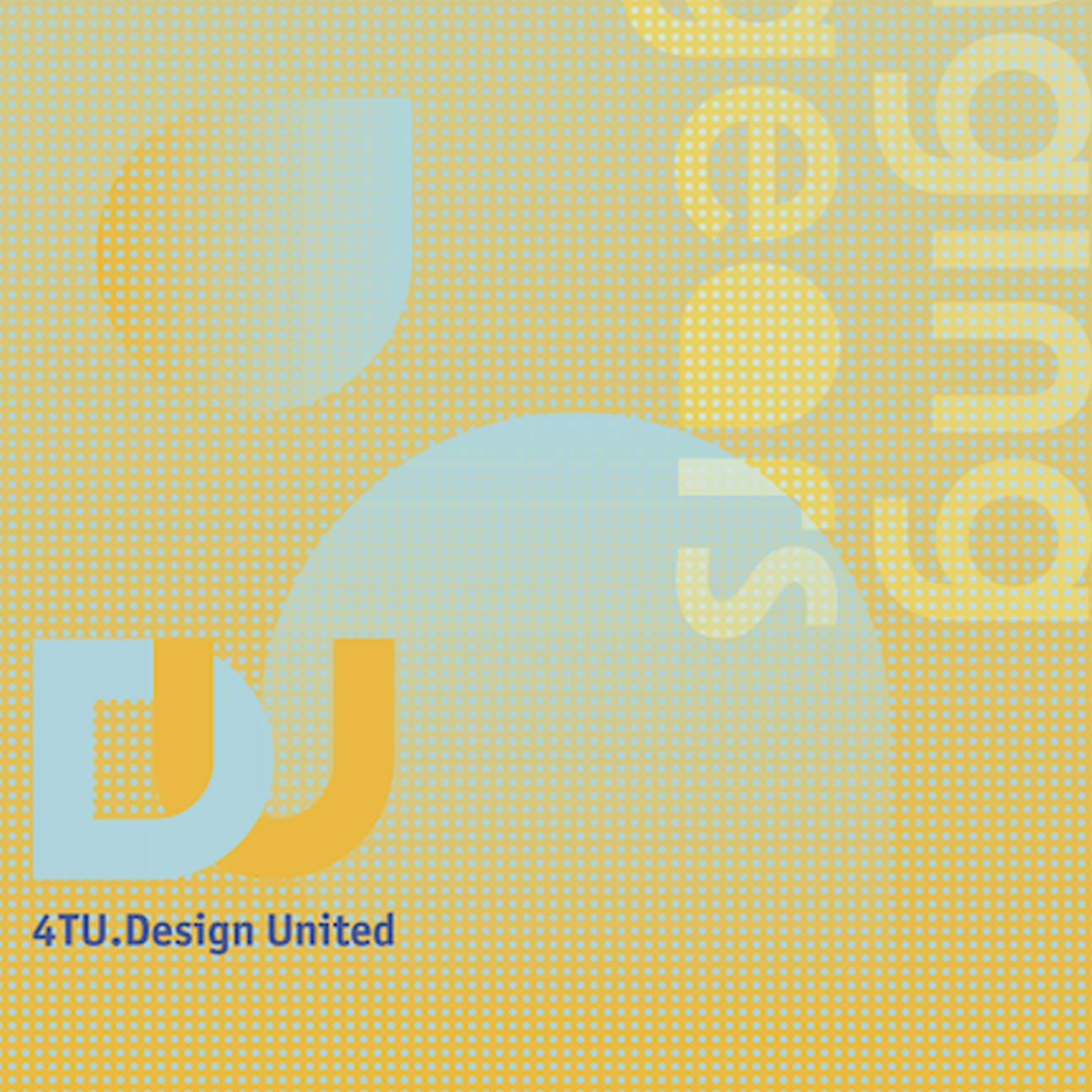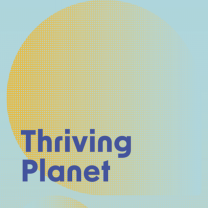Living amid the current climate crisis and its resulting climate injustice, we see limitations to ongoing design approaches - human-centered design. In pursuit of short-term local and rapid technological advances, humans have exploited natural resources, leading to consequences ranging from rising sea levels, more frequent and severe natural disasters, and the decline of pollinators.
Designing to improve our lives can no longer occur in isolation from the need to care for other entities. In Thriving Planet, we explore the role of design in reimagining our relationship with other living beings, surrounding environments, and technology.
Human-centered design approaches often disregard the connections between humans and other species in shared habitats. In two projects, we explore how alternative design approaches can resurface this overlooked ecology. “Sharing Non-Human Appreciation” and “Leaving a Trace” encourage people to immerse themselves in outdoor environments, introducing ways for them to notice and grasp connections among more-than-human entities -humans, non-humans, fields, and ruins - through the acts of collecting and sketching.
In contrast to how these non-humans are commonly portrayed as being passive and lacking agency, we change our perspective to find how non-human entities can play an active role in the design process alongside human creators. The project “Interwoven” shares the story of a designer and her practices of weaving with grass-paper. The project unpacks how hands-on interaction with natural materials challenges human concepts of time and agency.
When designers work within large design briefs such as urban planning, they need to consider the broader ecological context in which their designs are situated. For instance, soil is crucial for vegetation and other organisms to thrive as it stores and filters water and nutrients. Yet, in many large cities, intense human activity has led to soil contamination, with little effort being made to remediate this. Two projects look into this problem from different perspectives. “Soil Paraphernalia” investigates the possibility of community-based infrastructure to remediate polluted soil, showing that soil care can foster greener, more inclusive urban landscapes. In contrast, “Spectres of Binckhorst” explores ways to embrace and live with contaminated soil instead of eliminating it. This project probes the design of a park built on the concept of environmentally and culturally connecting forests and human residents.
With the incorporation of advanced digital technologies, design practices are becoming increasingly complex. The less visible impact of these technologies on the environment is often overshadowed by their convenience. “Ecology of AI” visualizes the ecological impact of generative AI services through an interactive installation, encouraging conscious use of such technologies. Even in the context of our everyday lives, we face numerous socio-ecological problems; addressing these daunting challenges seems overwhelming due to their scale and complexity, often leading to feelings of despair. “Dear Future” is designed to help people cope with the eco-anxiety posed by living in a time of climate crisis.
With these projects, we aim to inspire and challenge visitors to engage with the pressing issues we all face. The exhibition presents designers’ stories and concepts of critical thinking examples through designed objects and visualizations. In our dialogue session, we invite participants to explore these ideas through hands-on experiences and active discussions. We hope you will join us on this journey towards designing for a thriving planet.
